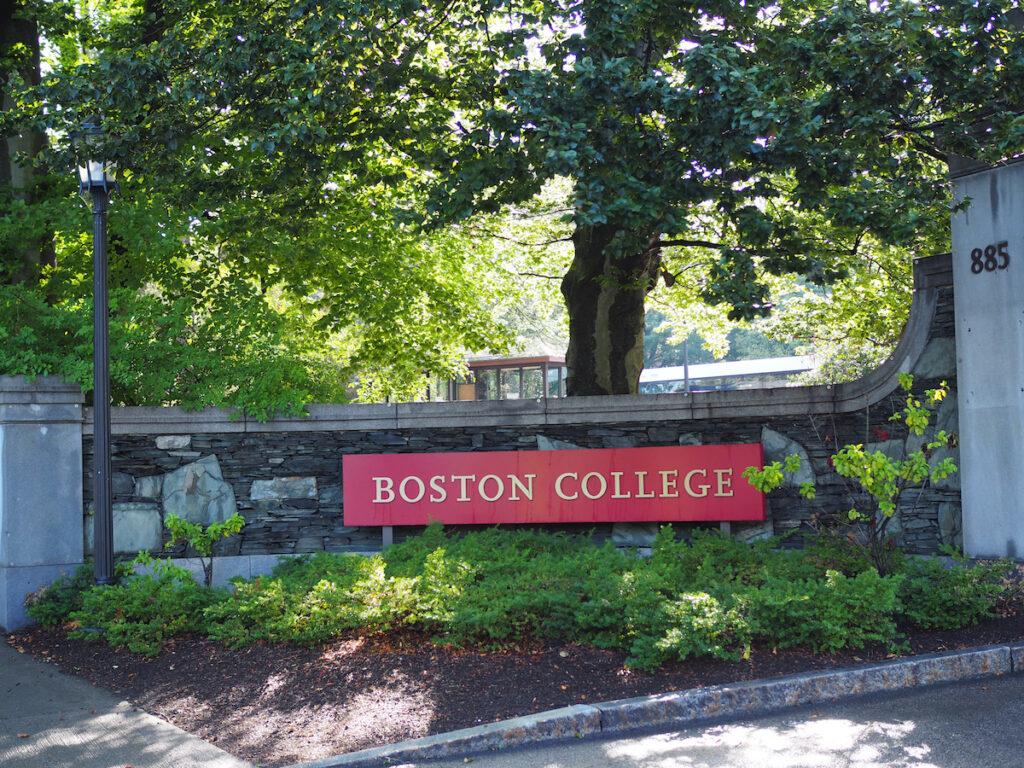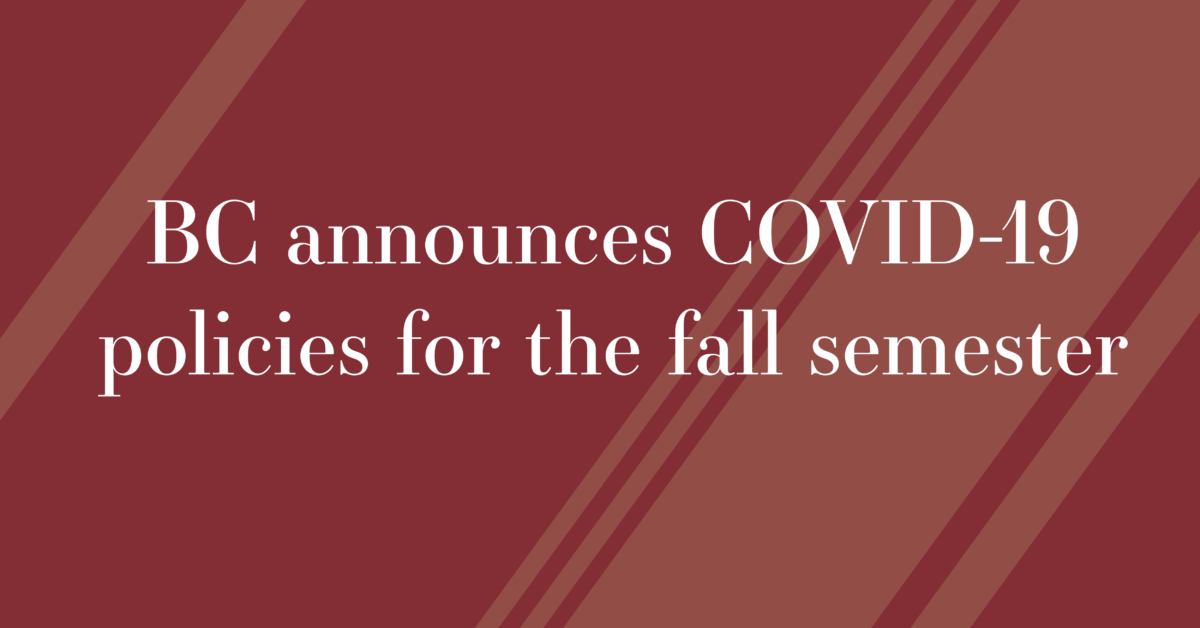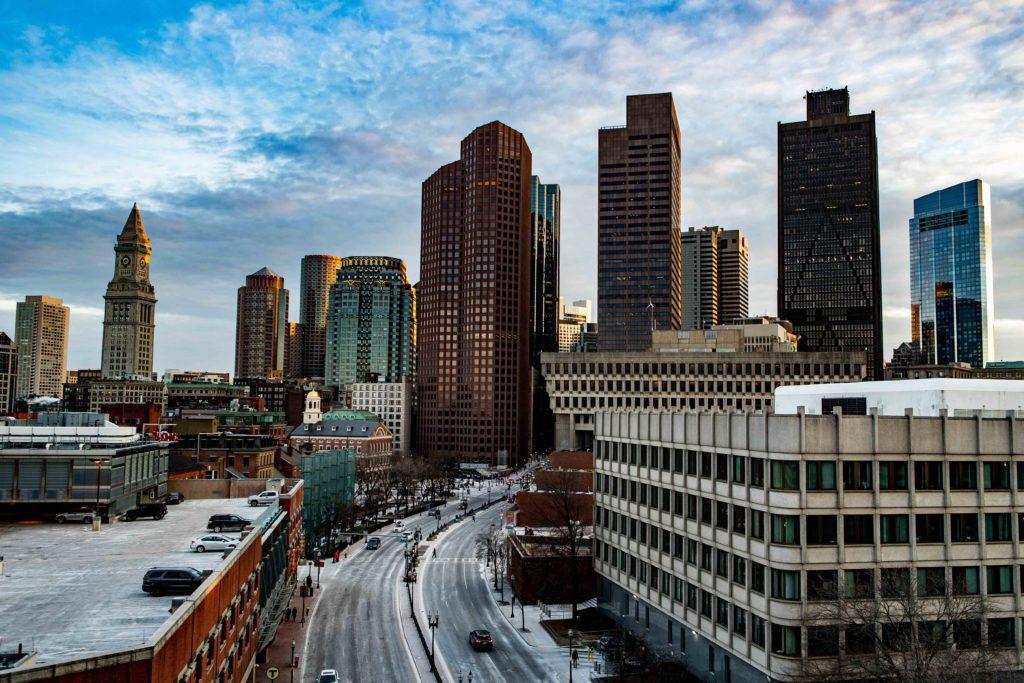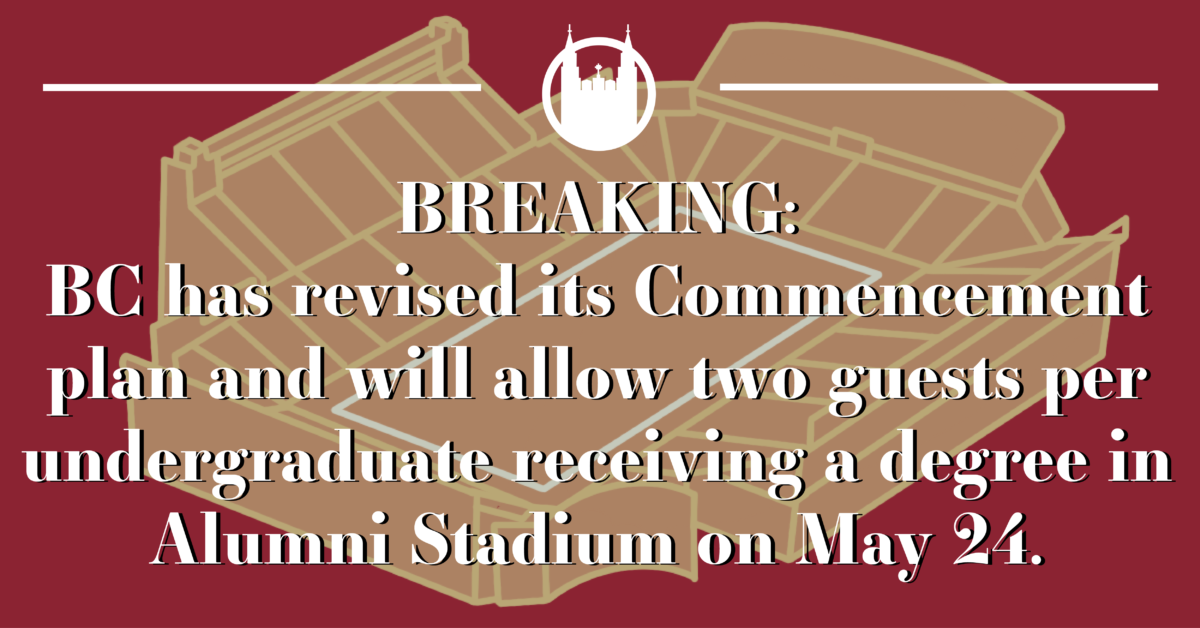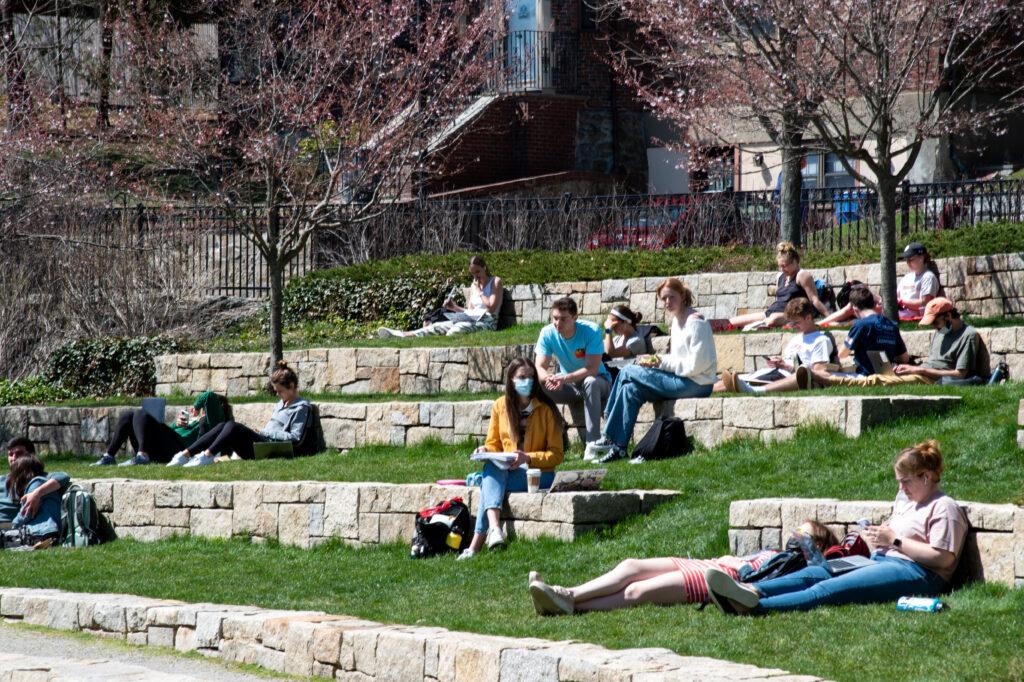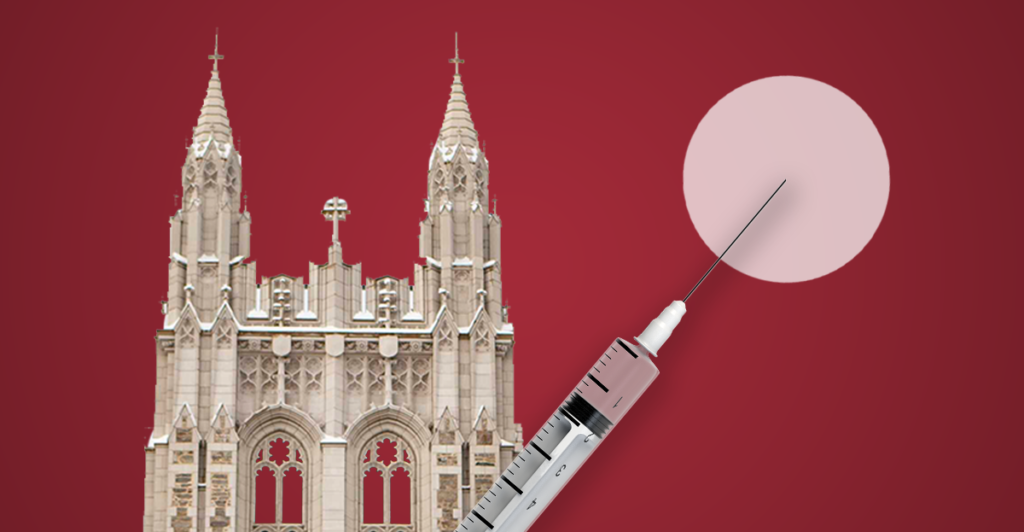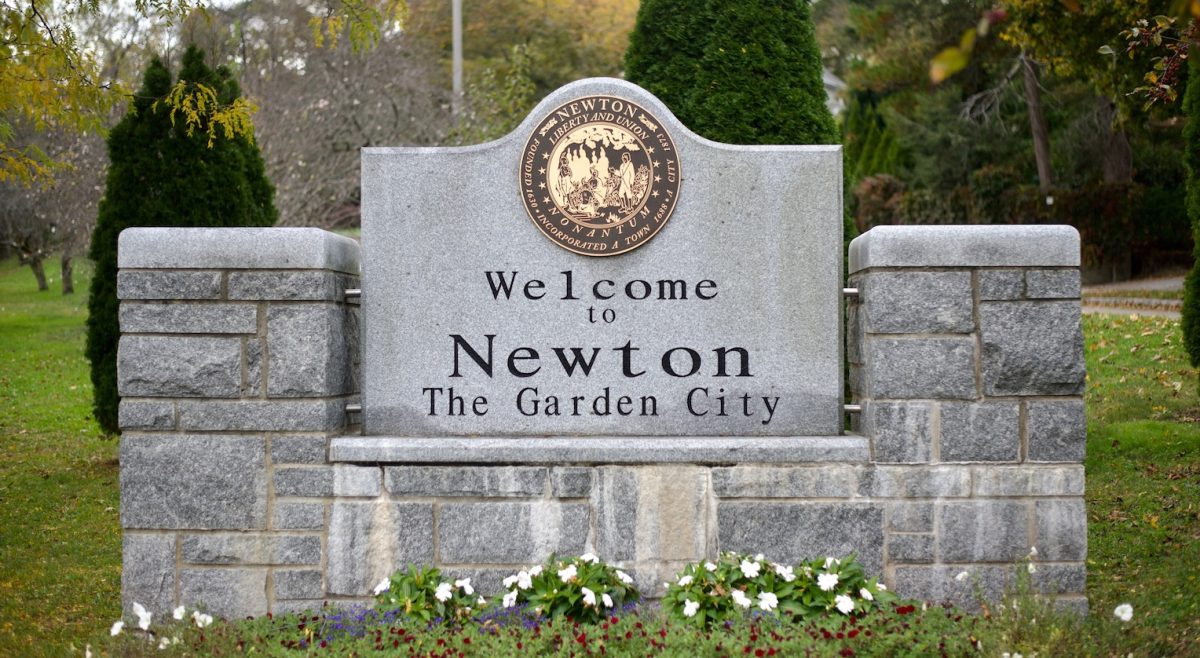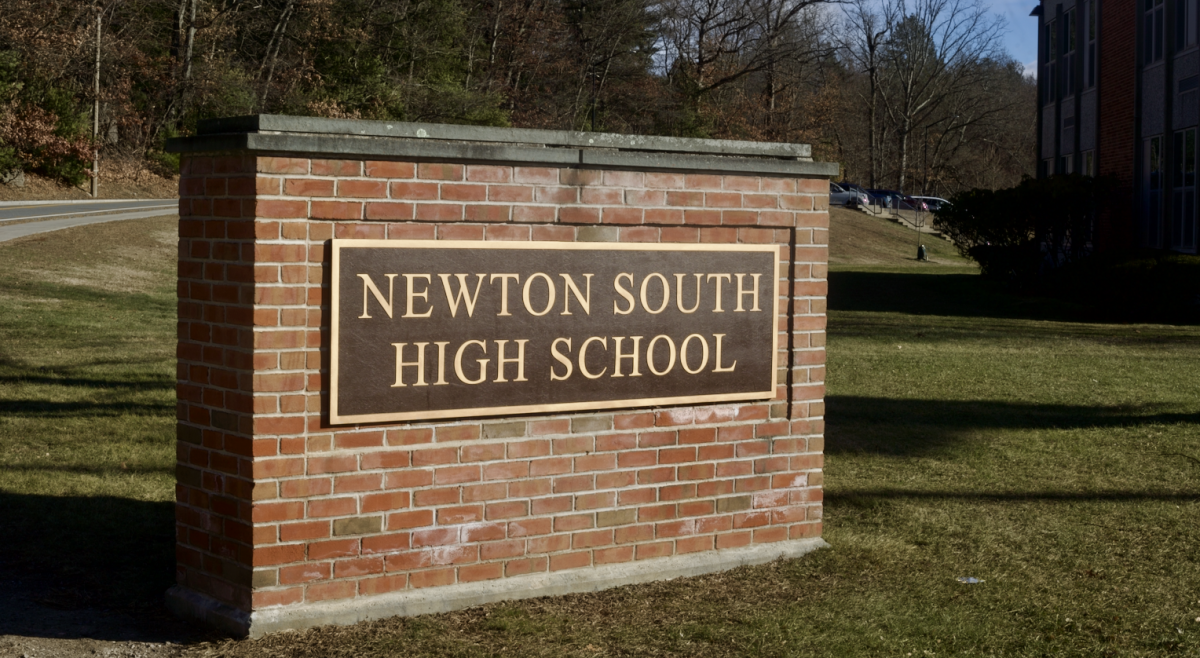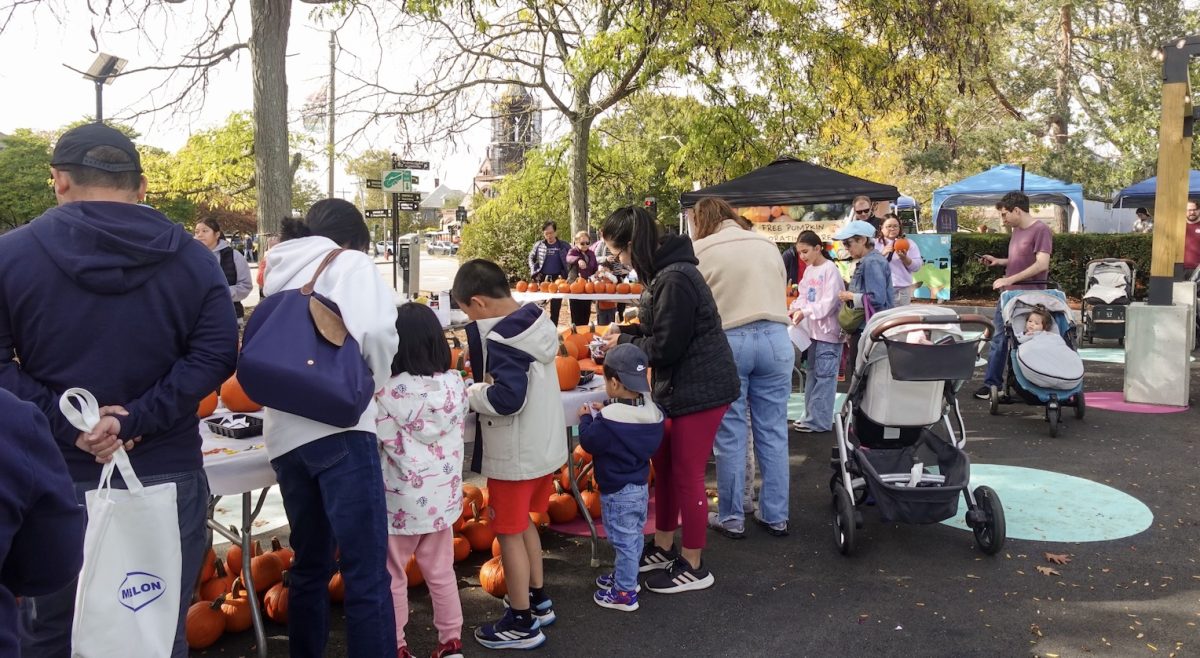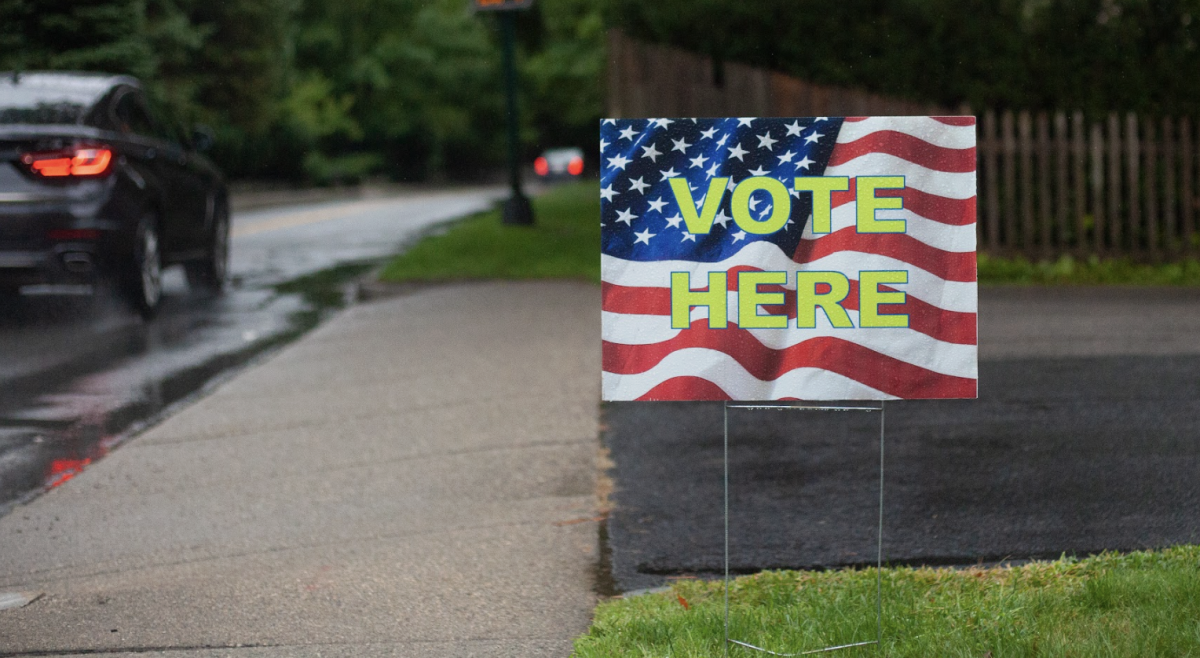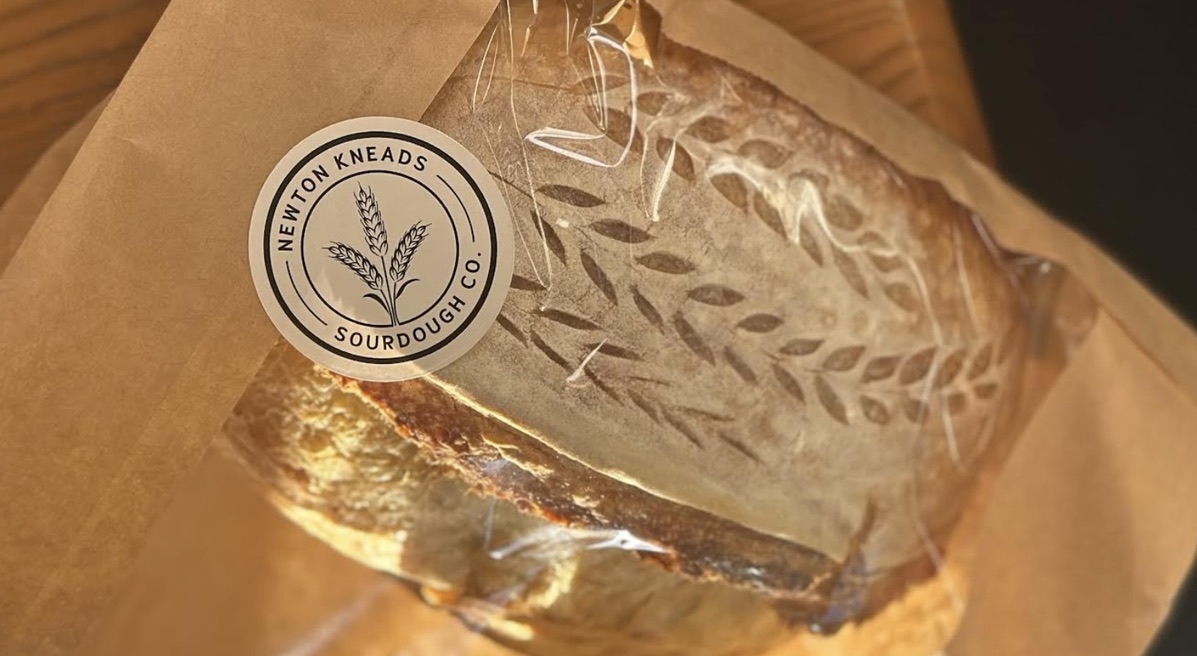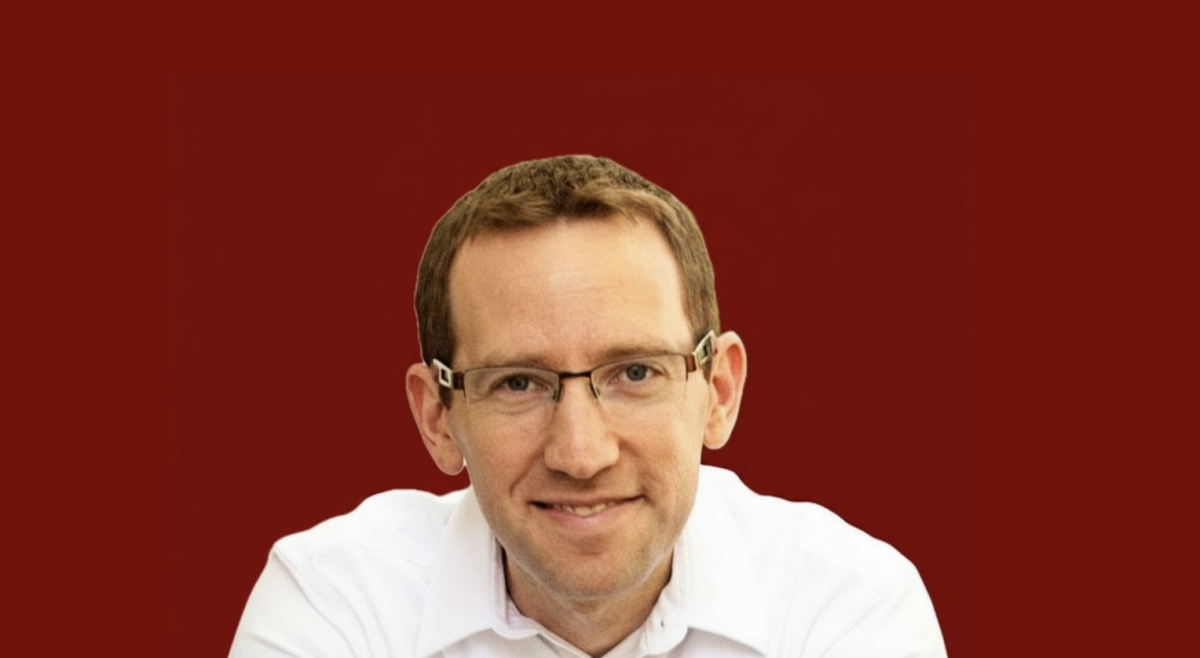Newton Mayor Ruthanne Fuller said she is “gravely concerned” with the recent rise in cases on Boston College’s campus in a statement on Saturday. Fuller said that BC has agreed that contact tracing and oversight of positive cases for students residing in Newton be transferred to the City of Newton’s Health and Human Services Department in a meeting this weekend.
Fuller said that BC is almost at capacity for its designated space for isolation and advised reducing the number of students on campus instead of leasing additional space in Newton. She also said that if BC chooses to reduce the in-person student population, guidelines should be followed to prevent the spread of the virus to local communities.
Fuller also requested that BC increase the amount of testing. For isolation procedures, Fuller said she does not support BC leasing additional space in Newton for isolation or quarantine facilities.
The COVID-19 positivity rate for BC undergraduates was 3.75 percent as of Thursday, according to BC’s COVID-19 dashboard. The rate for undergraduates dropped to 2.5 percent when the dashboard was updated with new data this weekend. Since reopening, 102 undergraduate tests were positive out of the 15,804 undergraduate tests conducted.
Fuller’s update follows a report in The Boston Globe Wednesday that at least 13 members of BC’s women’s and men’s swimming and diving team tested positive for COVID-19.
The COVID-19 positivity rate in the City of Newton is 0.16 percent. The Massachusetts Department of Public Health assigned Newton as a lower-risk area on the community data map. The positivity rate in Newton is lower than the statewide positivity rate, which is .97 percent.
As of Sept. 9, 13 students living on Newton Campus tested positive, according to an update from Fuller. Students that reside in Newton, both on Newton Campus or in off-campus housing in Newton, and test positive for the virus appear in Newton’s number of positive cases.
“Boston College must take swift, decisive and effective action now to contain the spread of this serious infectious disease,”Fuller said in the statement. “The data on the spike in positive Boston College cases demonstrates viral transmission. They must act now to protect the health of their BC community and all our Newtonians.”
Some residents of the Newton community are also concerned by the increase in cases at BC.
Steve Bookbinder has been a Newton resident for 40 years. He is involved in volunteer organizations in Newton and his children attended Newton Public Schools, and said he taught a class for one semester in BC’s graduate school of management.
“I don’t assume that you can prevent every single case,” Bookbinder said. “But I am concerned that there are certain indications that the BC administration is not doing all it could to prevent the outbreak of cases nor all they could do to mitigate the impact of the outbreak of cases.”
Bookbinder also expressed frustration with BC’s decision to move forward with the football season. Other universities in Boston have decided not to play football this year such as Harvard and UMass.
“I would rather see students be tested more frequently than spend tens of millions of dollars on a football program,” Bookbinder said.
As of Saturday, the positivity rate at Boston University is 0.05 percent, according to BU’s COVID-19 dashboard. For undergraduates living in university housing or living off campus and attending in-person class, testing is conducted twice a week.
Tufts also reported a positivity rate of 0.07 percent on Saturday, according to Tufts’ COVID-19 dashboard. Undergraduates attending in-person classes, living both on campus and off campus, are tested twice a week.
“This is a community that is concerned about health,” said Bookbinder. “We have a significant number of people over 65. We are concerned about the institution. We do not want to restrict BC students. We wish BC would address these issues in the most rigorous way possible.”
Bookbinder said that there has been a lack of communication between the BC administration and Newton residents. He said that although BC releases community announcements, he does not feel that BC is concerned with the thoughts or feelings of Newtonites.
“I don’t see BC as a college that particularly pays attention to the City of Newton and is concerned with the 100,000 people that live in the city,” Bookbinder said.
Bookbinder acknowledged that BC students spend money at local businesses and restaurants, which has a positive economic impact on the community.
“For a religious institution, or a religiously affiliated institution, the only conclusion one can have is that you have put money over the sanctity of life,” Bookbinder said.
Peter Klapes is also a resident of Newton and a BC graduate. He grew up in Newton and attended Newton Public Schools. Klapes is currently a graduate student at BC.
“Honestly, I’m really worried,” said Klapes, BC ’19 and GMCAS ’21. “And I think it’s clear that the increase in cases is a result of the lack of asymptomatic testing.”
Klapes was tested in early August, as testing was available to graduate students before they arrived on campus.
“I know at other universities they are testing two to three times a week. So I’m concerned that testing is not being brought to the right level,” Klapes said. “I think that BC is doing everything correctly in terms of quarantining and isolating, but I am worried about testing.”
Last week, BC conducted 2,954 tests for the whole BC community. The week before, it conducted 4,322 community tests.
Klapes said that BC students returning to campus have had a positive impact on the businesses in Newton.
“But, I am worried about the spread in Newton, especially here in Newton where we have low cases relative to the state,” Klapes said.
Featured Image by Celine Lim / Heights Archives

